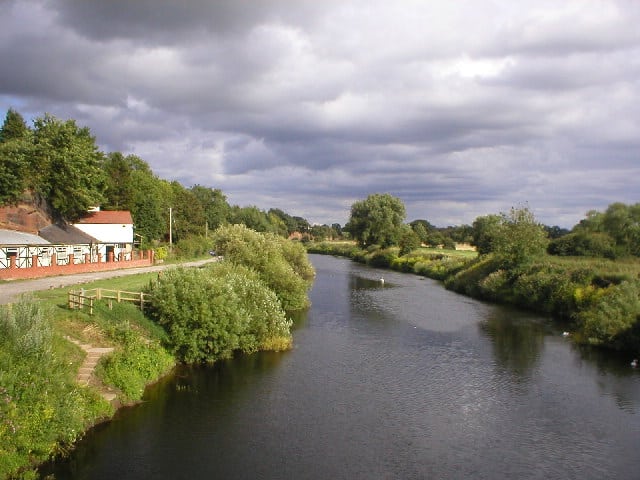Water efficiency must improve, claims Environment Agency report
A new report from the government body in charge of England’s environment has urged industry and individuals to improve water efficiency or face shortages.

(Credit: Richard Slessor via CC)
According to the Environment Agency, current levels of water abstraction are unsustainable in more than a quarter of groundwaters and one-fifth of rivers. In its report, The State of the Environment: Water Resources, the organisation said this is resulting in reduced flows which could damage local ecology and wildlife. Unless action is taken, parts of England could face significant water shortages by 2050, with the south east particularly exposed.
“We need to change our attitudes to water use,” said Emma Howard Boyd, chair of the Environment Agency. “It is the most fundamental thing needed to ensure a healthy environment but we are taking too much of it and have to work together to manage this precious resource.”
Register now to continue reading
Thanks for visiting The Engineer. You’ve now reached your monthly limit of news stories. Register for free to unlock unlimited access to all of our news coverage, as well as premium content including opinion, in-depth features and special reports.
Benefits of registering
-
In-depth insights and coverage of key emerging trends
-
Unrestricted access to special reports throughout the year
-
Daily technology news delivered straight to your inbox










CCC Report Finds UK Climate Targets Still Within Reach
In 1990 67% of the UK´s electricity came from coal-fired power stations and even without renewables the transition to gas was a major contributor to...